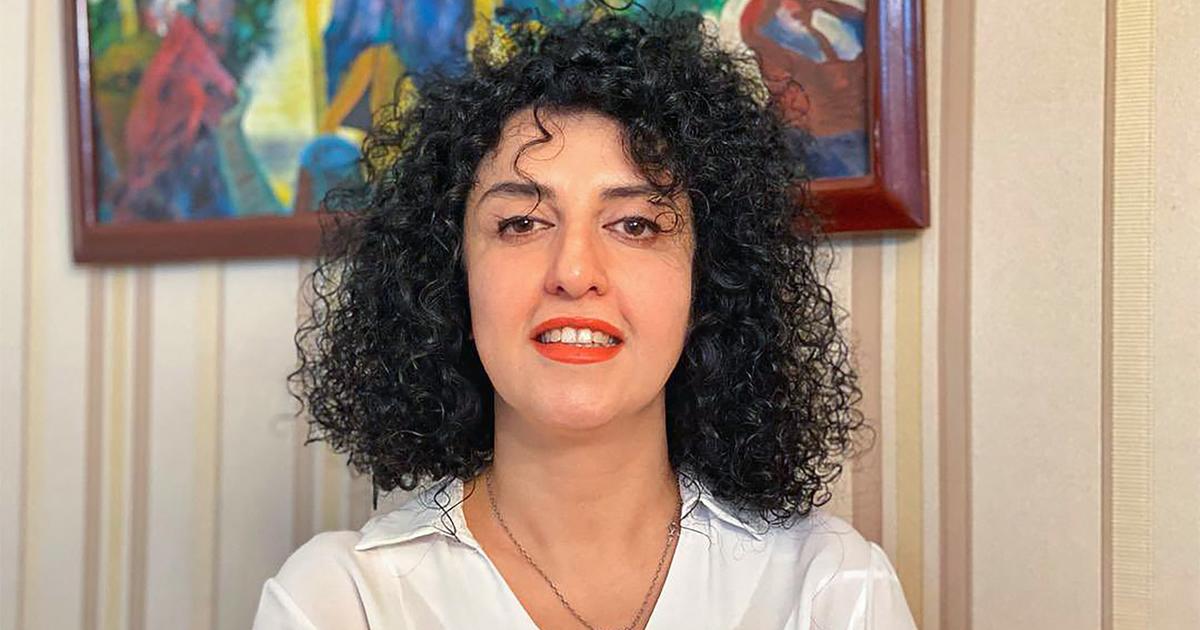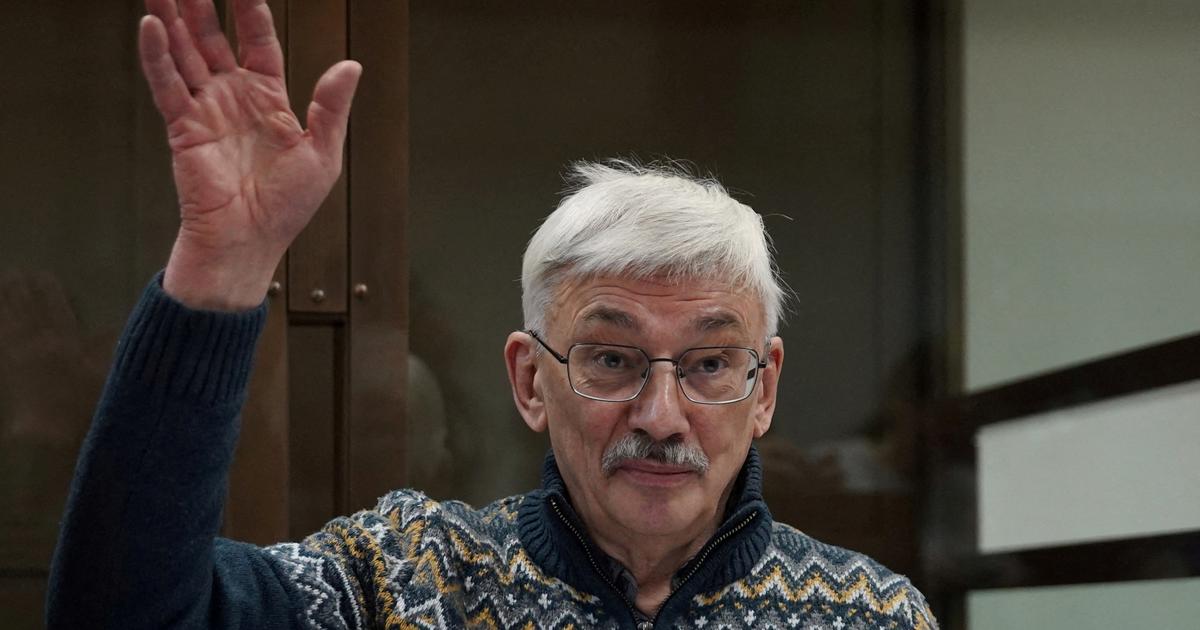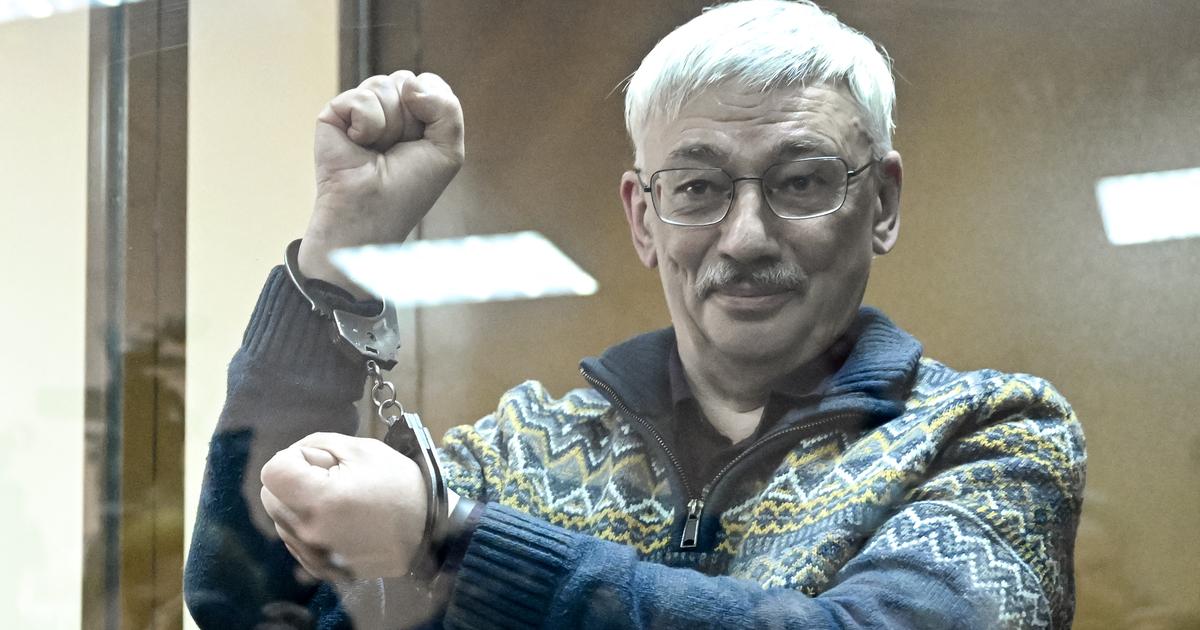In fact, Ethiopia's Prime Minister Abiy Ahmed is considered a symbol of peace and progress. He was named a Nobel Peace Prize laureate in 2019 a few weeks ago, mainly because he settled the conflict with Ethiopia's archenemy Eritrea. For this achievement, the most friendly smiling Prime Minister is now world famous.
In his own country, however, the political situation threatens to slip away. For the numerous ethnic conflicts with up to 2.4 million internally displaced persons now comes one who plays in Abyy's own camp.
The Premier belongs to the ethnic group of the Oromo, the largest ethnic group in the country. And angry Oromo were the ones who brought Abiy into office after years of costly protests in April 2018. Exactly this house power threatens to Abiy just to lose.
Until Abiy came, the Oromo in the multi-ethnic state of Ethiopia had little to say. Tigrayer, a small ethnic group from the north, dominated. By contrast, angry Oromo and Amharer continued to protest even as the dictatorship chased, arrested, and killed them.
To reduce pressure, Abiy was appointed Premier by the four-party dictatorship EPRDF in early April 2018. As a last resort, the power clique makes him an Oromo boss for the first time.
Abiyy's miracle brought the rise of the radicals
What came next seemed to many Ethiopians wonderful. Abiy dismissed the heads of the military and intelligence, who had been responsible for the state terror. He released political prisoners, allowed criticism of the state and even brought home former enemies of the state. Among them: activist Jawar Mohammed, leader radical Oromo, the so-called Qeerroo.
Mulugeta Ayene / AP
Jawar Mohammed: Using Social Media Campaigns to Overwhelm the State
Since 2005, Jawar had directed protests out of US exile and criticized the brutality of the rulers. Jawar said to the Guardian: "We used social media and traditional media so effectively that the state was completely overwhelmed."
In the summer of 2018, Jawar - amnestied by Abiy - returned to Ethiopia. The Qeerroo were crazy. Hopefully, with Abiy and Jawar, they would get more power - and finally land and jobs barely available outside the city limits of Addis. But they misjudged: Abiy was first Ethiopian. The unity of the country is its ultimate goal.
It soon became clear: Jawar does not want what Abiy wants. Neither did Jawar argue against the separatist demands of the most radical Oromo - a barely feasible idea, because Oromia lies in the middle of the Ethiopian heartland and encloses Addis Ababa. Nor did Jawar leave his call for more rights for the Oromo. Rather, he hounded against other ethnic groups.
How easily the situation can escalate meanwhile, the agitator demonstrated in mid-October. He had called the Qeerroo to protest in front of his house - allegedly because the police had surrounded it and wanted to arrest him. The rumor was enough - and an angry mob quickly formed. There were bloody riots.
Tiksa Negeri / REUTERS
"Down, down with Abiy": When Jawar calls Mohammed, come the Qeerroo
Within a few days at least 86 people were killed in riots in Oromia and in the capital - in the center of Abyy's power. "Down, down with Abiy," chanted the Qeerroo and fought street battles with security forces and Amharern, the second largest ethnic group in Ethiopia. Then, suddenly, Jawar placated his troops: "It's not time to kill each other." A clever display of power.
Would Mandela have called people "weeds"?
In this tense situation, Prime Minister Abiy made a statement with questionable words: "We will continue to tear out the weeds and cultivate the wheat, and we will not give up the wheat in favor of the weed." So it sent Abyy's press office - but only in the Amharic language - after the violent excesses.
Would Nelson Mandela have called humans "weeds"? Or the Congolese doctor Denis Mukwege, Nobel Peace Laureate of 2018? Hardly imaginable. It is a racially based rhetoric that does not fit in with a Nobel Peace Prize winner.
ጠቅላይ ሚኒስትር ዐቢይ አሕመድ መልእክት :: # PMOEthiopia pic.twitter.com/r0UdtJ23om
- Office of the Prime Minister - Ethiopia (@PMEthiopia) 26 October 2019The statement also speaks of "criminals" that endangered Ethiopia's unity. Criminals would burn down houses of worship, ravage shops and drive other Ethiopians from their land. After all, the criminals would get "ordinary procedures", so Abiy, so that "the rule of law is maintained".
Jawar, it seems, has driven Abiy with her back against the wall. The radical has apparently already in mind the elections in May 2020. Abiy has repeatedly promised that it should be fair, that would be a novelty in Ethiopia. Should Jawar take up, Abyy's chances of winning will vanish.
But the Oromo power struggle is not Abyy's only concern: there are other groups that do not enjoy the new freedom. They want to break away from Ethiopia and expel other ethnic groups by force. Since mid-2018, armed separatists have pushed so many millions away and killed hundreds. Abiy sent the army against her, more people died.
Abiy's dilemma: There should not be state violence against his own people. If he turned them around in the periphery, it was usually more like local human rights organizations. But Addis Ababa is the center of fragile land.
In the capital, the tourists land, here sits the African Union, here beats the heart of the actually promising, large economy. There and in the surrounding area, the prime minister is twice his hands. And most of all, Jawar Mohammed knows that.








